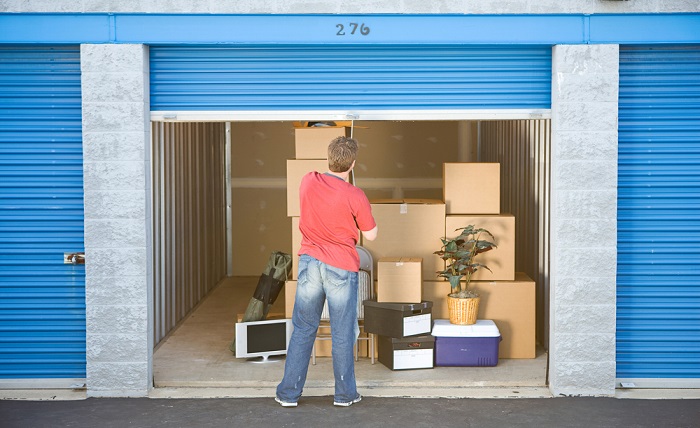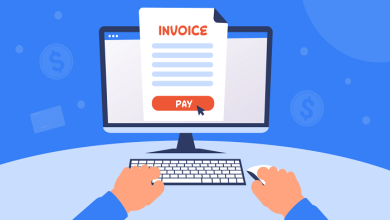12 Things to Know Before Renting a Storage Unit

Are you stashing your children’s toys in the guest room wardrobe? Or keeping your sweaters in the oven? Renting a storage unit can be helpful for people like you who are looking for convenient and safe storage space for their belongings. It can be a convenient option for people who have run out of storage space in their apartments or looking for a safe space to store their belongings during extended travel plans or home relocation. Renting storage units can also be helpful for people who are looking to declutter their homes but do not want to get rid of their invaluable possessions. But the storage industry is huge, and if you are a first-timer, there is a huge chance that you are looking to get a good head start on your search. So before searching for “self storage near me” online, it is important to know the options before making the right decision. After all, you would need to understand what are the things that you will need to check and note down to narrow down your search. In this article, we will discuss the factors you need to check before renting a storage unit.
12 things to check before renting storage units:
- Choosing the right location: Make sure that the storage facility you pick is near to your home or place of business before you make a decision. If you plan on making numerous travels to and from your unit, this is very crucial. It’s also a good idea to steer clear of storage facilities situated in regions prone to floods or wildfires.
- Understand your size needs: The cost of a storage unit depends on the size of the unit and the duration you want to keep your belongings there. If you are looking for a long-term deal, you may be able to save money by signing up for a longer-term discount at a storage facility.
- Accessible and secured: The safety and security of the storage unit you rent are of the utmost importance. Is the facility open 24 hours a day and seven days a week? Make sure you have easy access to your stored belongings at all times. Protect your valuables with locks, video cameras, on-site monitoring, and security gates or doors.
- Check it in person: Before signing the papers, make a trip to the storage facility of your choice. You can’t properly assess a location online, no matter how excellent the photographs are. Stop by the office and ask to view a few of their sample storage units. This way, you will get a personal look at how safe, secure, and well-maintained the facility seems to be. Don’t hesitate to ask any queries that pertain to your specific storage requirements.
- Check your budget: For the price of a storage unit, it’s crucial to know the difference between self-storage facilities and mini-storage facilities since they aren’t the same thing at all. In general, self-storage has larger spaces and more amenities than compact storage, but it may also be more expensive than that. To get the most for your money, inquire about special and long-term discounts and make a note of any price variances in the contract.
- Keep your identification document ready: To rent a storage facility, you will need to provide a government-issued photo ID. It can be your passport, driver’s license, and other government-issued identification like a military ID, which are all acceptable forms of proof of identity.
- Check for the facility’s reputation: Check out the storage facility’s reputation carefully before signing an agreement. Look for customer reviews or other information about certain facilities on the internet.
- Check if you need a climate-controlled unit: Climate-controlled storage is more expensive than standard options, but it’s worth it if you have expensive gadgets, vintage furniture, wood-based products, important documents, or anything else that is susceptible to damage by heat, moisture, or humidity. Ask ahead of time whether this unit is available at your storage facility.
- Check for insurance: Check for insurance at your storage facility. In terms of what’s covered and the cost, it differs from one facility to the next. Smoke damage, vandalism, and theft are some of the most common causes of damage that may be covered by insurance.
- List down and photograph your stored items: For the sake of your own records and for insurance reasons, it’s a good idea to make an inventory list and take photos of valuable objects. Photos of valuable objects in storage may be requested by certain insurance plans. Record the contents of every box if you are highly organized so that you can easily locate anything particular you are searching for in the future.
- Check payment policies: It’s best to check with your storage facility to find out exactly what payment methods and due dates are acceptable. Many storage facilities enable you to view your account online and make payments using a credit card or bank account.
- Maximize storage unit space: Stackable containers can be used to fill the area from floor to ceiling. You don’t want to be forced to unpack your whole storage unit every time you require a specific item. Make space for easy access to your items by making room for them.





